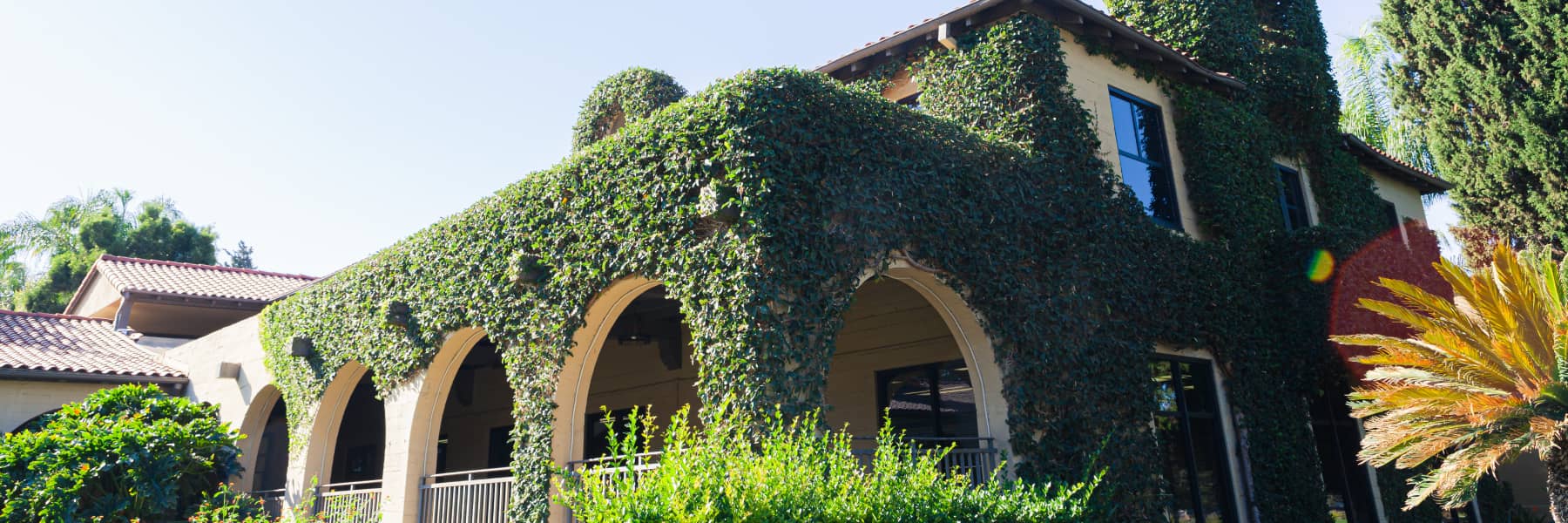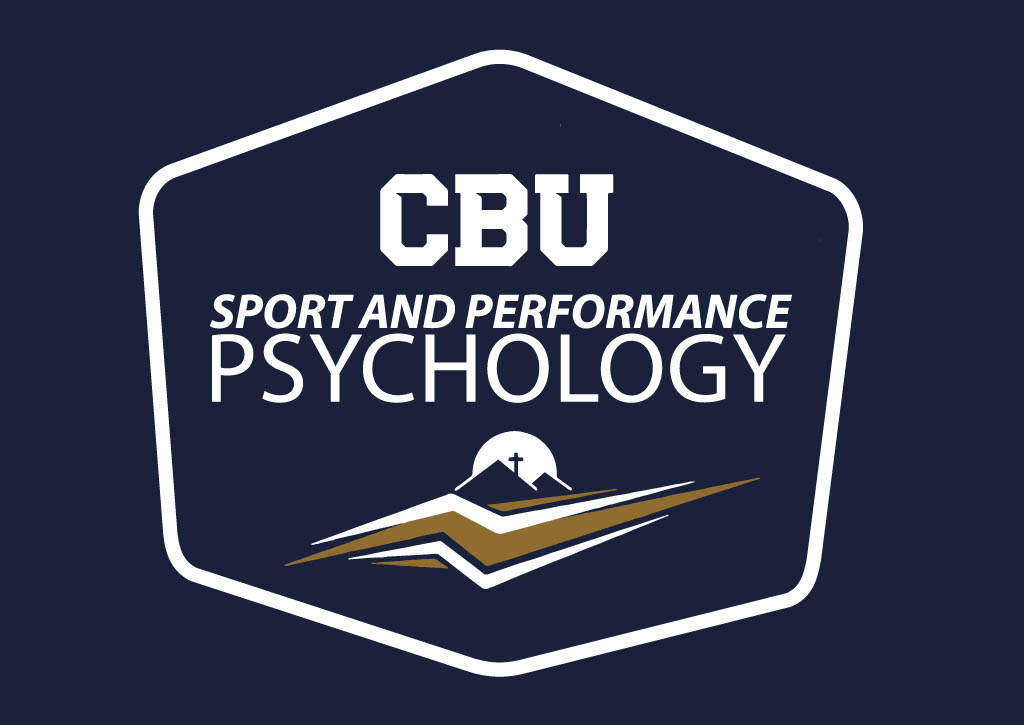
PETTLEP Imagery
Researchers
Dr. Kristin Mauldin, Mark DeHaro, Daniel Fragoso, Amanda Honn, Justin Hornsby, Tenicka Missouri, Alejandra Villar, Rachael Lewin, Lindsay Gonzalez, Gerardo Brana, Matthew Batherson, Yilena Betancourt
Brief Abstract
Recent research suggests that imagery techniques (i.e., visualization) are useful when enhancing athletic competition because of improvements in flow state and technique (Koehn et al., 2014). The effectiveness of PETTLEP exercises and enhanced shooting accuracy has been understudied, especially when assessing neural activity during practice and performance. What’s more is that imaging techniques such as functional magnetic resonance imaging (fMRI), have been useful for the tangible analysis of imagery techniques on athletic performance. Trends in literature suggest a connection between visualization techniques and enhanced performance and accuracy in marksmanship, archery, and related activities. It is important to investigate the relationship between imagery techniques (i.e., PETTLEP) and shooting, as such a dynamic can provide relevant clinical applications for hobbyists and professionals in the field. The present study is one that will determine the usefulness of a PETTLEP program on shooting performance and neurological change to present a best practice for professionals and hobbyists to enhance their output.
Goals/Hypotheses
In this study, we are interested in assessing the effectiveness that PETTLEP imagery has on shooting accuracy and the neural regions associated with imagery exercises and enhanced performance. We hypothesize that those participants who engage in specialized PETTLEP imagery will yield greater shooting accuracy and performance compared to the group of participants who do not engage in a specialized PETTLEP program. We also hypothesize that brain regions associated with imagery will be more prominent through fMRI screening compared to the participants who did not undergo specialized PETTLEP training. We seek to understand the role that PETTLEP training has on increased shooting performance and which brain regions participants are utilizing for such performance enhancement to note neurological change.
Note: This research study is ongoing and results will be posted along with publication of the final project.


